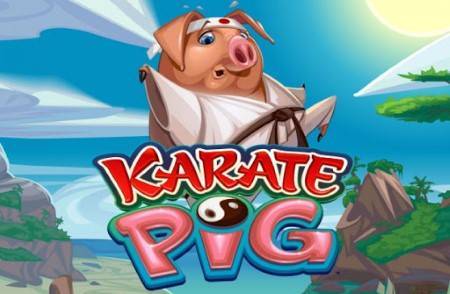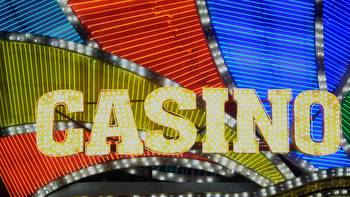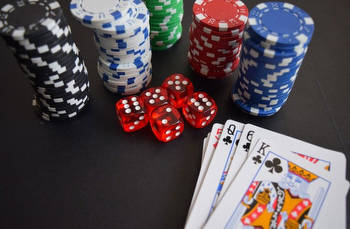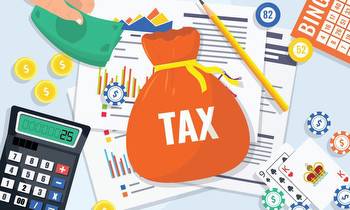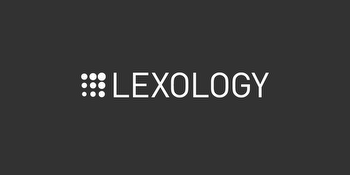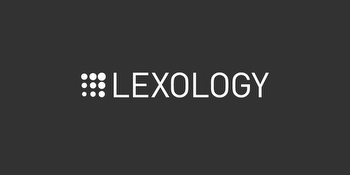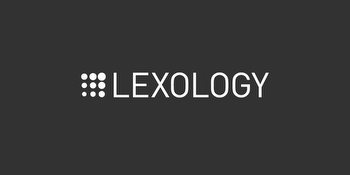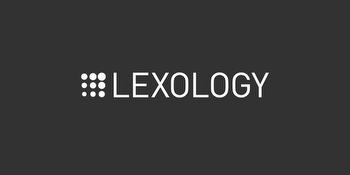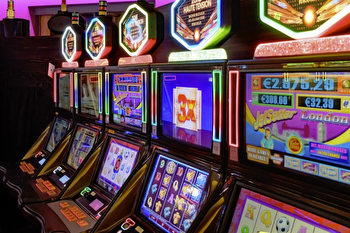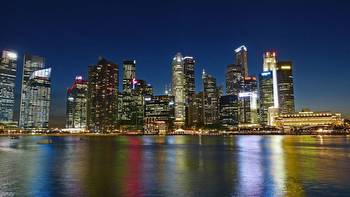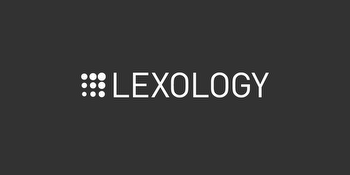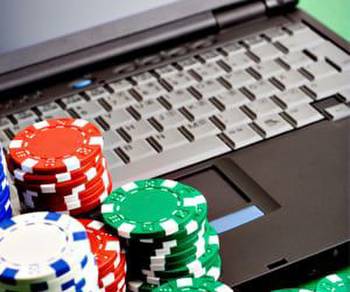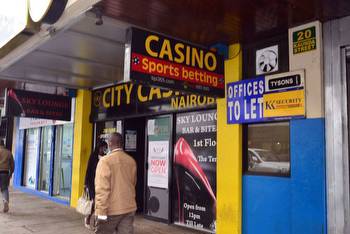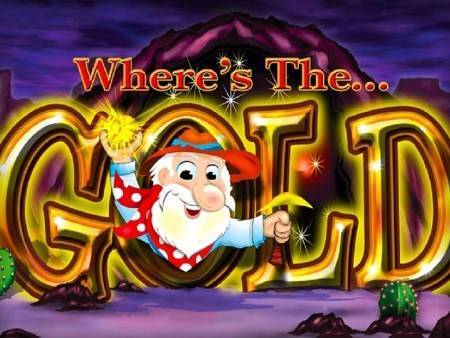EDITORIAL COMMENT: Fight against illegal gambling noble
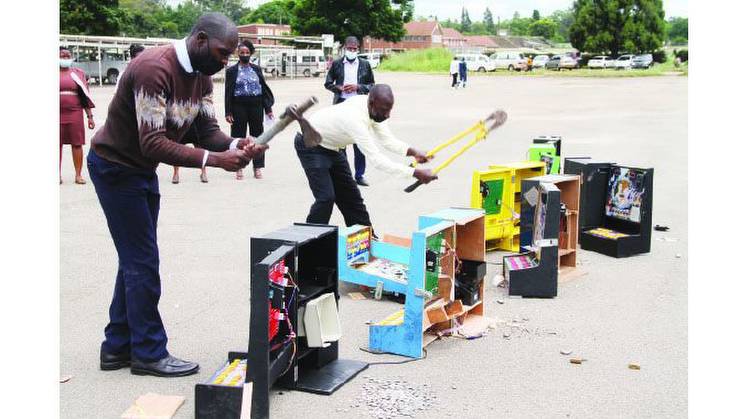
The destruction of illegal gambling slot machines on Tuesday confiscated from various centres is important in maintaining order in the lottery and gaming industry.
A story in this publication yesterday indicated that the slot machines were destroyed at Mkuhusi Camp (formerly Morris) Depot police base in the presence of various stakeholders.
This was a good move meant to ensure gambling remains a respected activity in the country, as the proliferation of illegal gambling spots has a negative impact on the practice.
This unprecedented increase in illegal gambling activities is being aided by the availability of slot machines that are made to suit small venues where they can easily be mounted.
Police have been concerned that illegal gambling has been causing various crimes of concern, including murder, robberies, domestic violence and assault.
There are more other concerns that come with illegal gambling, especially when it comes to disruption of social cohesion.
Unregulated gambling has led to some people ending their relations acrimoniously after clashing on what to prioritise.
The existence of these illegal gambling spaces has been giving a bad name to the whole industry, including those who have been following the law. The main difference between legal gambling and illegal gambling is on licensing.
The Lotteries and Gaming Board, through the Lotteries and Gaming Act, is obliged to issue licences to those who want to engage in gambling.
It is then prudent for one to check if there is a displayed licence in any place purporting to be carrying out the activity before committing to participate.
Those involved in illegal gambling, apart from contributing to social ills, are also stealing from Government as they do not pay taxes which are regulated by the Lotteries and Gaming Act.
Last year, the Government set fees for verification of a gambling business at $250 000, which is granted on a permanent basis, while other gambling businesses pay $50 000 for their permits.
When a player wins, a tax of 10 percent is charged, and if the player wins the available jackpot an additional 15 percent can be charged. These are the benefits that accrue to the State which those operating illegally seek to circumvent, with the Government being the ultimate loser.
When done legally, gambling can bring a host of benefits to those who engage in it, especially the prospects of monetary benefits.
In fact, the drive for one to engage in gambling emanates from the desire to end up with more money than they started with. In Zimbabwe, gambling sites come in different areas focusing mainly on sports betting, slot machines and casino games.
While gambling in general has some benefits, some view it as illogical and these base their argument on the fact that one is always most likely to lose their money.
And this is one disadvantage that becomes more pronounced, especially when one decides to engage in gambling at an illegal spot.
At such spots, the illegal operators have the penchant to temper with the machines to ensure as few as possible can hit the jackpot.
Illegal gambling, when it becomes addictive, can end up costing one a lot of money, causing personal harm to the individual.
Being addictive can lead one stealing to enable more gambling.
Some are struggling with debts simply because they can no longer resist the urge to gamble.
There is no doubt that the rise of illegal gambling houses, most of which are bars that place small machines in a corner, has had a dent on the benefits of gambling.
It is true that if done legally, gambling can bring some benefits and even if winning cash is not always guaranteed, from time to time one can end up winning something.
There are also some who find engaging in gambling fun and recreational and a form of leisure.
People can also take advantage of legal gambling to socialise as friends or families.
In some countries, gambling has become a big business when it comes to the attraction of tourists as it offers entertainment, in a way having a positive impact on the economy.
But it is important for those who intent to start a gambling business in Zimbabwe to first understand the licensing requirements outlined in the Lotteries and Gaming Act to avoid a clash with the law.
The Act prohibits anyone to conduct unlicensed lottery.
It says: “ (1) Except in accordance with the terms and conditions of a licence, no person shall – (a) establish, manage or conduct or in any way assist in establishing, managing or conducting a lottery; or (b) sell or dispose of, or offer to sell or dispose of, a ticket in a lottery; or (c) in any manner advertise a lottery.
(2)(a) knowingly permit any place under his control to be used for the management or conduct of a lottery; or (b) take, purchase or possess or have any interest in a ticket in a lottery; unless the lottery is licensed in terms of this Act.”
The Act goes further to say: (1) Except in accordance with the terms and conditions of a licence, no person shall – (a) organise, manage or conduct any game; or (b) install or operate a gaming device; or (c) play any game; or (d) permit any game to be played at or in any place under his control; or (e) permit a gaming device to be installed at or in any place under his control.







